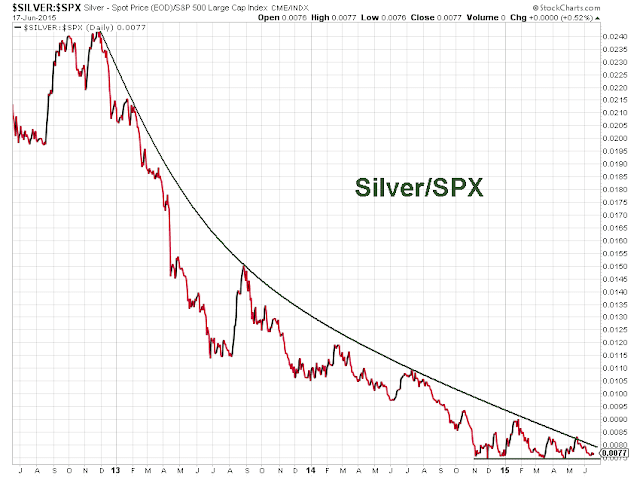"When the Greek mainland was overrun, the resistance was carried on from the islands. When the islands fell, resistance continued from Africa, from the seas, from anywhere the aggressor could be met.To those who prefer to compromise, to follow a course of expediency, or to appease, or to count the cost, I say that Greece has set the example which every one of us must follow until the despoilers of freedom everywhere have been brought to their just doom."Franklin D. Roosevelt"If the Russian people managed to raise resistance at the doors of Moscow, to halt and reverse the German torrent, they owe it to the Greek People, who delayed the German divisions during the time they could bring us to our knees."Georgy Constantinovich Zhoukov, Memoirs"Until now we used to say that the Greeks fight like heroes. Now we shall say: heroes fight like Greeks."Winston Churchill"Regardless of what the future historians shall say, what we can say now, is that Greece gave Mussolini an unforgettable lesson, that she was the motive for the revolution in Yugoslavia, that she held the Germans in the mainland and in Crete for six weeks, that she upset the chronological order of all German High Command's plans and thus brought a general reversal of the entire course of the war."Robert Anthony Eden
A better part of the US media have painted the findings of the Greek Parliament's inquiry into the debt as just another stage in the 'war of words' and having 'nothing to do with reality.'
Nothing could be further from the truth.
As noted by the BBC:
"The concept of odious debt is established in international law where dictatorships or illegitimate governments have borrowed money and later been succeeded by democratic regimes."
Here is one excerpt from the Greek Parliament's preliminary report:
"All the evidence we present in this report shows that Greece not only does not have the ability to pay this debt, but also should not pay this debt first and foremost because the debt emerging from the Troika's arrangements is a direct infringement on the fundamental human rights of the residents of Greece. Hence, we came to the conclusion that Greece should not pay this debt because it is illegal, illegitimate, and odious.It has also come to the understanding of the Committee that the unsustainability of the Greek public debt was evident from the outset to the international creditors, the Greek authorities, and the corporate media. Yet, the Greek authorities, together with some other governments in the EU, conspired against the restructuring of public debt in 2010 in order to protect financial institutions. The corporate media hid the truth from the public by depicting a situation in which the bailout was argued to benefit Greece, whilst spinning a narrative intended to portray the population as deservers of their own wrongdoings."
I suspect the Greeks are not going to roll over on this, and it is very much in the interests of Italy, Portugal and Spain that they do not.
The parties must engage in more reasonable discussions to find an equitable settlement, that does not subject the Greek people to debt peonage.
And if they continue to try and make an example of them, if the Troika and the vulture funds want a pound of flesh from the Greeks, I imagine they will be told to come and take it, if they can.












































